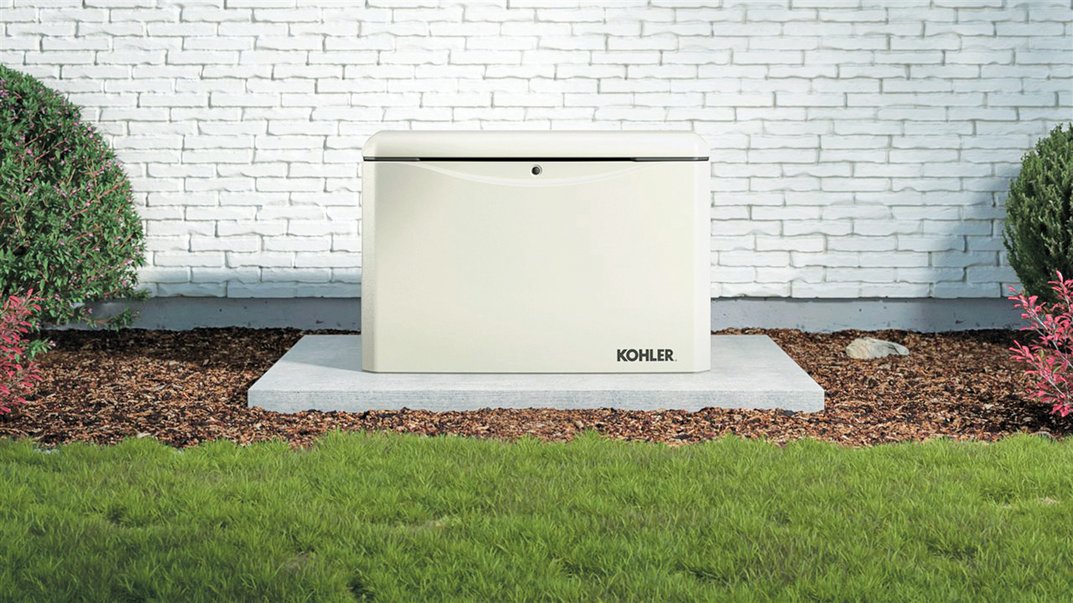 Every day on the news, it seems, there’s a report about another extreme weather event. According to the National Oceanic and Atmospheric Administration, 2023 was a record year for extreme weather. Last year, the United States experienced 28 separate, billion-dollar weather disasters, the highest number ever. That averages out to more than one every two weeks.
Every day on the news, it seems, there’s a report about another extreme weather event. According to the National Oceanic and Atmospheric Administration, 2023 was a record year for extreme weather. Last year, the United States experienced 28 separate, billion-dollar weather disasters, the highest number ever. That averages out to more than one every two weeks.
Widespread power outages are one of the byproducts of these mega-storms, but it doesn’t take a once-in-a-century flood to cause them. Blackouts happen regularly due to more “mundane” causes, like power grid glitches, high winds, or even lightning in a garden-variety thunderstorm can take out a power pole. This may leave you in the dark, and depending on the severity of the outage, that darkness could last awhile.
When the power goes out in your home, so does the heat. And the internet. And the electricity needed to keep food at a safe temperature in the refrigerator. All of your “smart” electronics and appliances that talk to each other (and to you) go silent.
Owning a standby generator is the best way to keep your household humming during a power outage. Because of all of the extreme weather we’ve been experiencing, it’s moving from the nice-to-have category into a necessity. Here’s what you need to know before buying one.
A standby generator is different than a portable generator. Most people are familiar with the type of bulky generators their fathers kept in the garage, noisy contraptions that needed to be hooked up to cough to life when the power went out. You could run the refrigerator or a space heater, but not both. We’ve come a long way since then. A standby generator is a back-up electrical system that kicks in automatically when the power goes out. These sleek, permanently installed units are a bit like having a power plant on reserve. Some models are able to power the electricity to your entire home. The switchover from the power grid to your generator is completely automatic and usually so seamless, homeowners don’t even notice a disruption.
Installation
You must own your home to install a standby generator. Standby generators are permanently installed outside of your home — just like an AC unit or a solar panel system — and routed to your home’s electrical and gas systems. For this reason, you must own the property your generator will power.
Type of home
A condo or apartment, even if you own it, isn’t conducive to having a generator. If you live in a townhome complex, consult your community’s by-laws before purchasing a generator. Typically, single-family and fixed mobile homes are qualified for generator installation.
Research
Look into any necessary permits before you install. Typically, a generator is installed alongside your home’s exterior in a discrete area, but it is still considered a modification to your home’s appearance. This means you’ll likely require approval, and perhaps permits, prior to installation if you live in a community regulated by a homeowner’s association or other governing board.
Personal needs
Do you want to power your entire home during an outage, or can you get by with only select appliances or systems running? Analyze your home’s electrical load and your power priorities. This will help you determine potential generator models to choose from. Some are equipped to power your entire home, while others are better for powering the necessities.
Not all generators are created equal. You can find any number of generators on the market today with just a few clicks online. But this is your family’s safety and well-being in a potential disaster we’re talking about. It’s not the time to take chances on an untested product or company. Go with a trusted name in the industry you can count on to keep your household running. KOHLER generators have been on the market for more than 100 years and each model has endured hundreds of performance tests to ensure total reliability. These generators are built with commercial-grade engines designed to outlast the outage. And they use state-of-the-art technology so you can monitor it on your mobile device or computer.
When a power outage strikes, a standby generator ensures that your family won’t miss a beat. Learn more at kohlerhomeenergy.com.
This article is courtesy of Brandpoint.